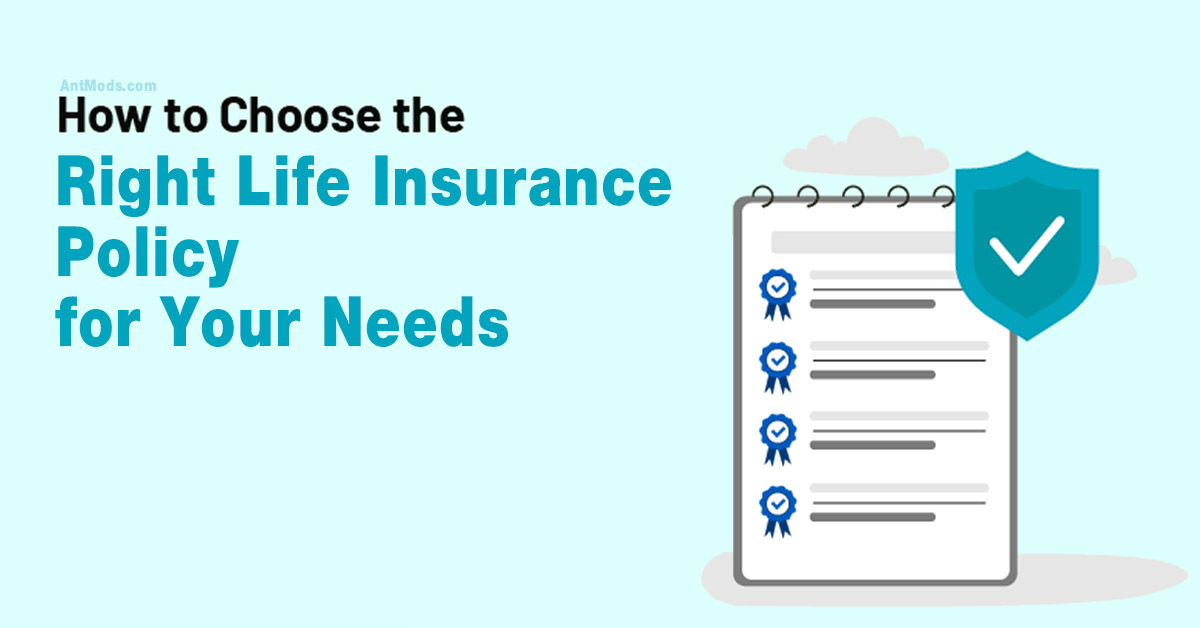Welcoming a new child into your family is a joyful and life-changing experience. As exciting as it is, becoming a parent comes with increased responsibilities, both emotionally and financially. One area that is often overlooked is the importance of reviewing your insurance coverage to ensure it meets the needs of your growing family. Adequate insurance helps safeguard your family’s future by covering healthcare costs, ensuring financial security, and providing for unexpected events.
In this article, we will discuss the key types of insurance you should consider as you prepare for parenthood, as well as how to optimize your coverage to meet the evolving needs of your family.
Health Insurance: A Top Priority

Ensuring Coverage for Pregnancy and Childbirth
The first insurance policy most expectant parents need to review is health insurance. Pregnancy, childbirth, and newborn care are among the most significant medical expenses that parents will encounter, so it’s crucial to understand your policy’s coverage.
Most employer-sponsored and individual health insurance plans cover maternity and newborn care, but the extent of coverage varies. You should:
- Review your plan’s benefits: Understand what’s included under prenatal, childbirth, and postnatal care. Some plans may cover prenatal vitamins, tests like ultrasounds, and even labor classes.
- Confirm your network providers: Check that the hospital or birthing center where you plan to deliver, as well as your obstetrician or midwife, are in-network to avoid higher out-of-pocket costs.
- Look into pediatric coverage: After the birth of your child, they will need pediatric care for regular checkups and vaccinations. Ensure that your insurance covers pediatric visits and vaccinations.
Adding Your Child to Your Plan
Once your baby is born, you will have a limited window (often 30 to 60 days) to add your newborn to your health insurance plan. Missing this enrollment window could leave your child uninsured for several months until the next open enrollment period. To avoid this, contact your insurance provider as soon as your baby is born to add them to your policy.
Consider High-Deductible Health Plans (HDHP) with Health Savings Accounts (HSA)
If you’re considering a High-Deductible Health Plan (HDHP), it may be wise to pair it with a Health Savings Account (HSA). These accounts allow you to save money tax-free for future medical expenses, including those related to childbirth and pediatric care. An HSA can be a cost-effective solution for families with relatively low healthcare needs but who want to be financially prepared for unexpected medical bills.
Life Insurance: Protecting Your Family’s Future
Why Life Insurance Matters
One of the most important insurance considerations for growing families is life insurance. Life insurance provides financial protection for your family in the event of your death, helping cover expenses such as:
- Mortgage payments
- Daily living costs
- Education for your children
- Funeral expenses
As a parent, securing life insurance is essential to ensure that your family’s financial well-being is protected in case the unexpected happens.
Term Life vs. Whole Life Insurance
When it comes to life insurance, there are two main types to consider: term life insurance and whole life insurance.
- Term life insurance offers coverage for a set period (e.g., 20 or 30 years). It tends to be more affordable and is ideal for families who need coverage during their child-rearing years. If you pass away during the term, the policy will pay a death benefit to your beneficiaries.
- Whole life insurance provides lifelong coverage and includes a savings component, known as cash value. While it’s more expensive, some families prefer whole life insurance for its investment features and lifetime coverage.
Most young families opt for term life insurance because it provides substantial coverage at a lower cost during the years when children are financially dependent on their parents.
Disability Insurance: Income Protection
Why You Need Disability Insurance
While life insurance is crucial, disability insurance is equally important. Disability insurance replaces a portion of your income if you become unable to work due to injury or illness. Given that raising a child is expensive, losing your income due to a disability could put a significant strain on your family’s finances.
Short-Term vs. Long-Term Disability Insurance
Disability insurance typically comes in two forms: short-term and long-term.
- Short-term disability insurance covers a portion of your income for a few weeks to several months, often for maternity leave or recovery from childbirth complications.
- Long-term disability insurance provides income replacement for a more extended period, sometimes up to retirement age, if you are unable to return to work due to a severe injury or illness.
It’s advisable to review any employer-provided disability benefits and consider purchasing supplemental long-term disability coverage if your employer’s policy is insufficient.
Homeowners or Renters Insurance: Expanding Coverage for a Growing Family
Safeguarding Your Home and Belongings
As your family grows, so may your living space. Whether you own a home or rent an apartment, it’s essential to review your homeowners or renters insurance to ensure adequate coverage for your expanded household. This type of insurance helps protect your home and belongings from damage, theft, or liability claims.
If you’re preparing a nursery or purchasing expensive baby gear such as cribs, strollers, and car seats, consider increasing your personal property coverage to protect against loss or damage.
Liability Protection for Accidents
In addition to property protection, most homeowners and renters policies include liability coverage, which covers legal costs if someone is injured on your property. As your child becomes more mobile and adventurous, the risk of accidents may increase. Ensuring you have sufficient liability coverage can help protect your family from financial strain in the event of an accident.
Umbrella Insurance: Extra Protection for Growing Families
While homeowners and auto insurance policies include some liability coverage, they may not be sufficient to cover major accidents or lawsuits. For growing families, it may be wise to consider umbrella insurance, which provides additional liability protection beyond the limits of your existing policies.
For example, if your child accidentally causes significant damage to a neighbor’s property or if a guest is injured during a birthday party at your home, umbrella insurance can provide an extra layer of financial protection.
Auto Insurance: Keeping Your Family Safe on the Road
Reviewing Coverage as Your Family Grows
If you’re expecting or already have children, your car insurance needs may change. You’ll likely spend more time driving, whether it’s for doctor appointments, daycare, or family trips, so it’s essential to ensure you have the right coverage in place.
- Liability coverage: Make sure your policy provides adequate liability coverage to protect you in case of an accident.
- Collision and comprehensive coverage: Consider whether you need to upgrade your policy to include coverage for damage to your vehicle or theft, particularly if you plan on purchasing a larger, family-friendly car.
- Car seat replacement: Some auto insurance policies offer coverage for replacing car seats after an accident, which can be a crucial benefit for families with young children.
Conclusion: Preparing for Parenthood with Peace of Mind
Insurance is an essential component of financial planning for growing families. As you prepare for parenthood, it’s crucial to review your existing insurance policies and ensure they provide the coverage your family will need. Whether it’s health, life, disability, homeowners, or auto insurance, having the right protection in place will give you peace of mind as you embark on this new chapter of life.
Also Read:- What to Do When Your Insurance Claim is Denied.
To further explore insurance options, you can consult websites like HealthCare.gov, Insure.com, or NerdWallet. These resources provide valuable insights into insurance coverage options, costs, and tips for finding the right plan for your growing family.
By taking proactive steps to secure the right insurance, you can focus on enjoying the precious moments with your new baby, knowing that your family’s financial future is well-protected.






